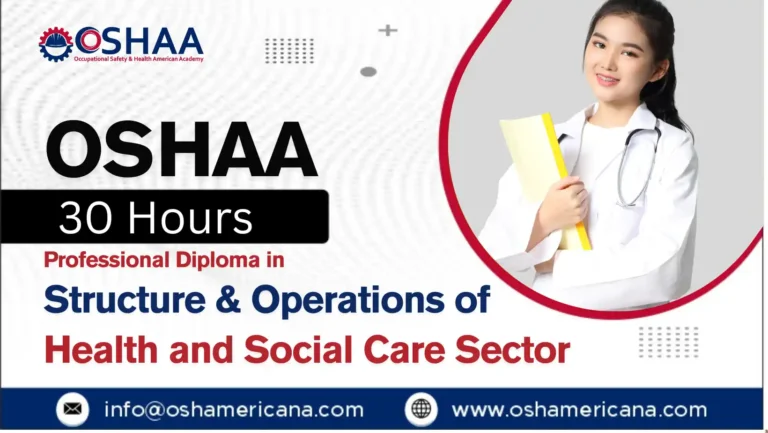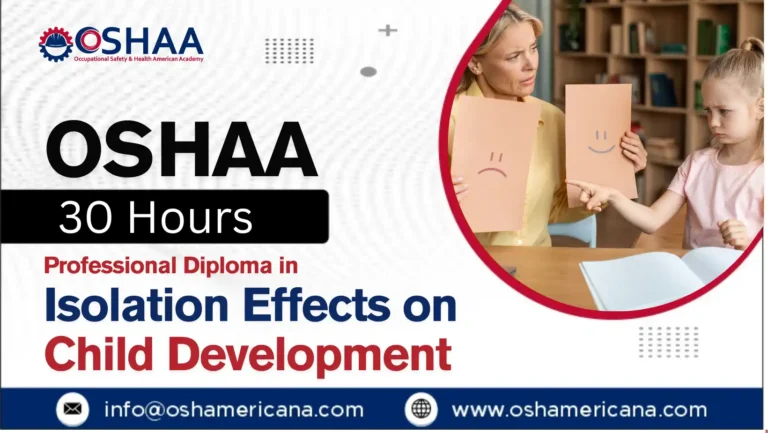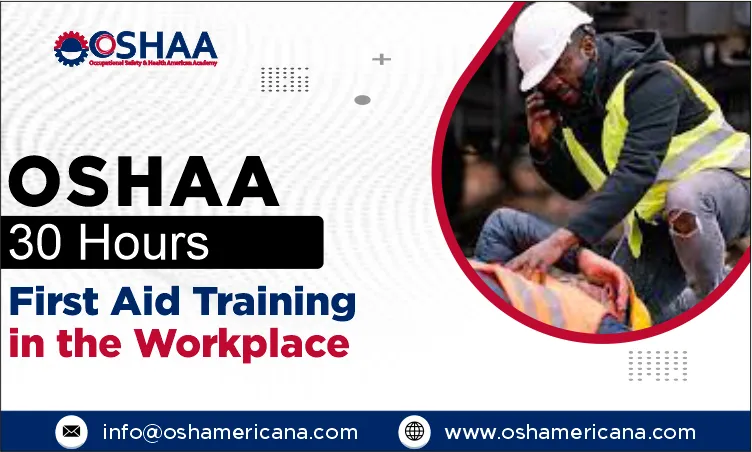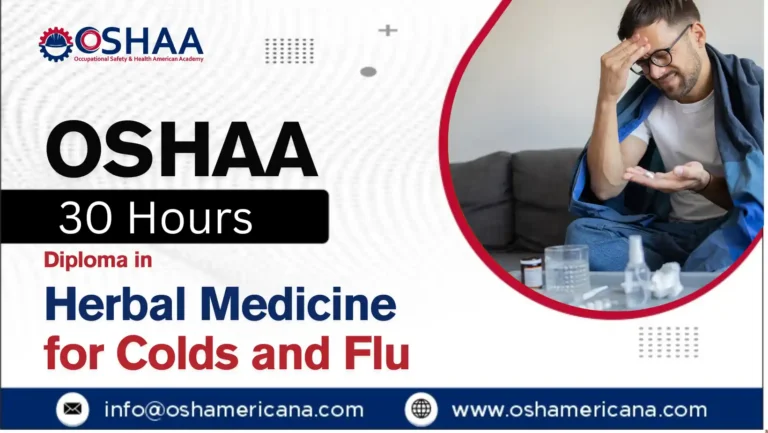Elevate Your Expertise in Food Fraud Prevention with Diploma
The OSHAA 30-Hours Professional Diploma in Food Fraud Training is an essential qualification for professionals committed to upholding food integrity. By gaining a comprehensive understanding of food fraud risks and prevention strategies, participants can contribute to a safer, more transparent global food industry.
Food fraud is a critical concern in the global food industry, affecting consumer trust, regulatory compliance, and business integrity. To combat this growing issue, professionals in the food sector must acquire specialized knowledge and skills. The OSHAA 30-Hours Professional Diploma in Food Fraud Training is designed to provide in-depth expertise in identifying, preventing, and mitigating food fraud risks.
This specialized training program equips food industry professionals with the necessary knowledge to detect, prevent, and address food fraud effectively. The course covers essential aspects such as regulatory frameworks, risk assessment strategies, and modern detection techniques.
For those looking to enhance their expertise and career prospects in food safety and fraud prevention, enrolling in this programme is a valuable step forward.
OSHAA 30-Hours Professional Diploma in Food Fraud Training
Study Units
Learning Outcomes
Introduction to Food Fraud and Its Impact (3 Hours)
- Understand the definition and scope of food fraud
- Identify different types of food fraud and their real-world examples
- Recognise the economic, legal, and public health consequences of food fraud
- Explain the role of businesses and regulatory bodies in combating food fraud
Global Food Fraud Regulations and Compliance (4 Hours)
- Gain knowledge of international food safety standards and regulatory frameworks
- Understand the role of HACCP, GFSI, EU, and FDA regulations in food fraud prevention
- Identify key compliance requirements for businesses in the food sector
- Recognise the consequences of non-compliance and enforcement actions
Food Fraud Risk Assessment and Vulnerability Analysis (5 Hours)
- Learn how to assess and analyse food fraud risks in the supply chain
- Identify critical control points and vulnerabilities in food production and distribution
- Apply risk assessment tools to evaluate the likelihood and impact of fraud
- Develop a systematic approach to mitigating identified risks
Fraud Prevention Strategies and Supply Chain Integrity (5 Hours)
- Understand best practices for strengthening supply chain transparency
- Learn how to implement supplier verification and risk management strategies
- Explore technologies and methodologies for fraud prevention
- Develop proactive measures to minimise the risk of food fraud incidents
Detection Methods and Analytical Techniques (5 Hours)
- Gain insights into laboratory testing methods for detecting food fraud
- Understand the role of emerging technologies such as blockchain and AI in fraud detection
- Learn how to interpret analytical results to identify adulteration and mislabelling
- Explore case studies of successful food fraud detection
Investigation Procedures and Crisis Management (4 Hours)
- Understand the process of conducting internal and external food fraud investigations
- Learn the key steps in gathering evidence and documenting fraud cases
- Develop strategies for crisis response and damage control
- Explore ethical and legal considerations in fraud investigations
Developing and Implementing a Food Fraud Prevention Plan (4 Hours)
- Learn how to design a comprehensive food fraud prevention plan
- Understand the importance of employee training and stakeholder engagement
- Develop monitoring and verification systems for ongoing compliance
- Apply continuous improvement strategies to enhance fraud prevention efforts
- Enhanced Knowledge and Expertise – Gain a deep understanding of food fraud, its impact, and effective prevention strategies.
- Regulatory Compliance – Stay up to date with global food safety regulations and ensure compliance with industry standards.
- Risk Management Skills – Develop the ability to assess vulnerabilities, detect fraudulent activities, and implement mitigation strategies.
- Career Advancement Opportunities – Strengthen your professional credentials and increase your employability in the food safety and regulatory sector.
- Practical Application – Learn through real-world case studies, interactive exercises, and industry-relevant scenarios.
- Improved Supply Chain Integrity – Gain insights into securing the supply chain, verifying suppliers, and ensuring product authenticity.
- Cutting-Edge Detection Techniques – Understand modern technologies such as blockchain, AI, and laboratory testing for fraud detection.
- Crisis Management Skills – Learn how to handle food fraud incidents effectively and protect brand reputation.
- Industry Recognition – Obtain a professional diploma that enhances credibility and demonstrates expertise in food fraud prevention.
- Business Protection – Help organisations reduce financial losses, legal risks, and reputational damage associated with food fraud.
The OSHAA 30-Hours Professional Diploma in Food Fraud Training is designed for professionals across the food industry who are responsible for ensuring food integrity, compliance, and consumer safety. This course is particularly beneficial for:
- Food Safety and Quality Assurance Managers – Responsible for maintaining food safety standards, implementing fraud prevention measures, and ensuring product authenticity.
- Regulatory and Compliance Professionals – Working with national and international food regulations, ensuring businesses meet compliance requirements, and managing legal risks.
- Supply Chain and Procurement Specialists – Overseeing supplier relationships, verifying ingredient authenticity, and mitigating fraud risks within the supply chain.
- Food Manufacturers and Processors – Ensuring raw materials and finished products meet quality and authenticity standards while protecting brand reputation.
- Retailers and Distributors – Managing product sourcing, preventing counterfeit goods, and ensuring compliance with food safety regulations.
- Food Auditors and Certification Bodies – Conducting risk assessments, verifying compliance with industry standards, and supporting fraud prevention initiatives.
- Laboratory Analysts and Food Technologists – Using analytical techniques to detect food fraud and ensure product integrity through scientific testing.
- Investigators and Law Enforcement Officials – Handling food fraud cases, identifying fraudulent activities, and enforcing food safety laws.
- Hospitality and Catering Professionals – Ensuring the authenticity of ingredients used in food service establishments and maintaining compliance with food safety standards.
- Academic and Research Professionals – Studying food fraud trends, developing new fraud detection methodologies, and contributing to industry best practices.
This course is suitable for both experienced professionals looking to enhance their expertise and individuals seeking to build a career in food safety, quality assurance, and regulatory compliance.







